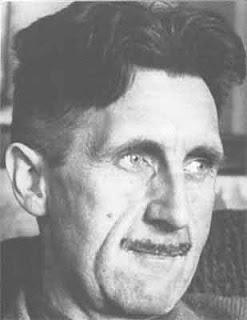 Today is the birthday of Claude Frédéric Bastiat (June 30, 1801 – December 24, 1850), classical liberal theorist and political economist, best known as Frédéric Bastiat.
Today is the birthday of Claude Frédéric Bastiat (June 30, 1801 – December 24, 1850), classical liberal theorist and political economist, best known as Frédéric Bastiat."If you wish to prosper, let your customer prosper. When people have learned this lesson, everyone will seek his individual welfare in the general welfare. Then jealousies between man and man, city and city, province and province, nation and nation, will no longer trouble the world." - Frédéric Bastiat
"The law is justice—simple and clear, precise and bounded. Every eye can see it, and every mind can grasp it; for justice is measurable, immutable, and unchangeable. Justice is neither more than this nor less than this. If you exceed this proper limit—if you attempt to make the law religious, fraternal, equalizing, philanthropic, industrial, literary, or artistic—you will then be lost in an uncharted territory, in vagueness and uncertainty, in a forced utopia or, even worse, in a multitude of utopias, each striving to seize the law and impose it upon you. This is true because fraternity and philanthropy, unlike justice, do not have precise limits. Once started, where will you stop? And where will the law stop itself?" - Frédéric Bastiat
"If the natural tendencies of mankind are so bad that it is not safe to permit people to be free, how is it that the tendencies of these organizers are always good? Do not the legislators and their appointed agents also belong to the human race? Or do they believe that they themselves are made of a finer clay than the rest of mankind?" - Frédéric Bastiat
"Everyone wants to live at the expense of the state. They forget that the state wants to live at the expense of everyone." - Frédéric Bastiat
"When goods do not cross borders, soldiers will." - Frédéric Bastiat
"To understand the question is to know the answer." - Frédéric Bastiat
Bastiat image source (1)





































